T4K3.news
Protests test Britain's balance after ban
London sees mass arrests as Palestine Action supporters push back against the ban while legal challenges unfold.
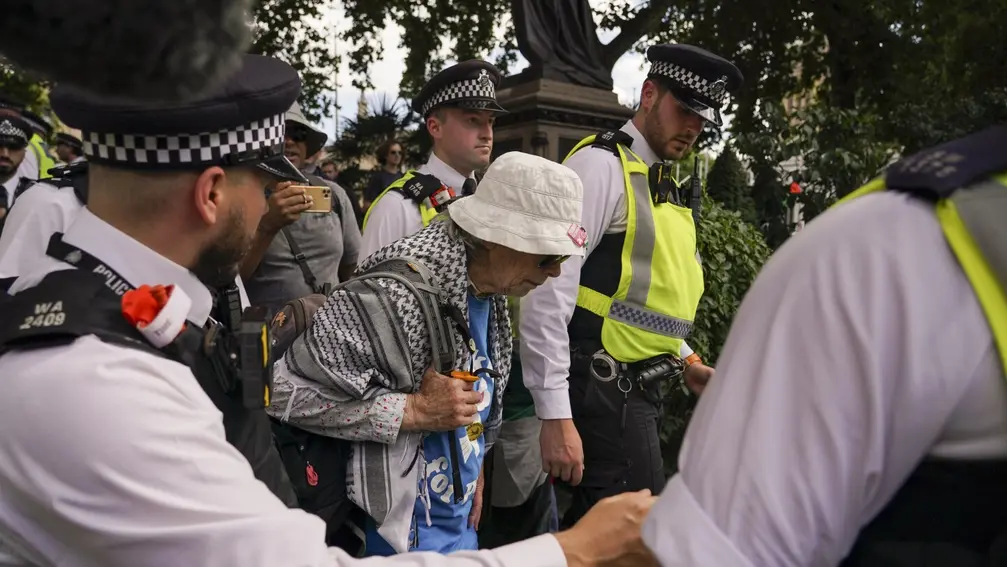
London confronts mass arrests as Palestine Action supporters test a government ban while protests call for hostage releases.
UK police arrest more than 500 during pro-Palestinian protests after ban
London police said 532 people were arrested on Saturday as supporters of Palestine Action, the group outlawed as a terrorist organization, openly challenged the ban. The Metropolitan Police later updated the tally to 532, with 522 arrests for supporting a proscribed organization and 10 others on various charges such as assaulting or obstructing officers. The demonstrations took place in central London and coincided with protests demanding the immediate release of Israeli hostages held in Gaza.
Police noted that almost half of those detained were over the age of 60, illustrating a broad turnout beyond typical protest profiles. Home Secretary Yvette Cooper defended the government’s move, saying Palestine Action engaged in violence and damage, and that the ban serves public safety. Prosecutors will review case files in the coming weeks as investigators compile evidence, a process that could stretch across the autumn.
Key Takeaways
"the right to protest is one we protect fiercely"
Home Secretary Yvette Cooper on protest rights
"this is not a nonviolent organization"
Cooper's assessment of Palestine Action
"We are having our right to peaceful protest being taken away"
La Pethick on protest rights
"Protests test Britain’s balance between security and civil liberties"
Editorial analysis
The weekend events spotlight a key tension in modern democracies: how to protect public order without stifling political speech. Designating a group as a terrorist organization is a drastic step that carries implications for civil liberties and public trust in police power. Supporters frame the ban as an overreach; officials insist it is a targeted measure against violence. The age spread among arrestees suggests that political mobilization around Gaza policy resonates across generations, complicating the public narrative about who is affected by security policies.
Looking ahead, the legal challenges to the designation will test the limits of anti-terror laws and the judiciary’s role in balancing safety with rights. The outcome could influence future protests, policing strategies, and even Britain’s stance in the Gaza debate. In the near term, the public will watch how charges are pursued and how authorities communicate the rationale for continued enforcement.
Highlights
- The right to protest is one we protect fiercely.
- this is not a nonviolent organization.
- We are having our right to peaceful protest being taken away.
- Many people may not yet know the reality of this organization.
Risk of civil liberty concerns around protest ban
Rapid arrests and the use of anti-terror laws to ban a protest group raise questions about civil liberties, proportionality, and public trust. Court challenges may intensify political backlash.
The coming weeks will show how Britain courts the balance between security needs and the right to dissent.
Enjoyed this? Let your friends know!
Related News
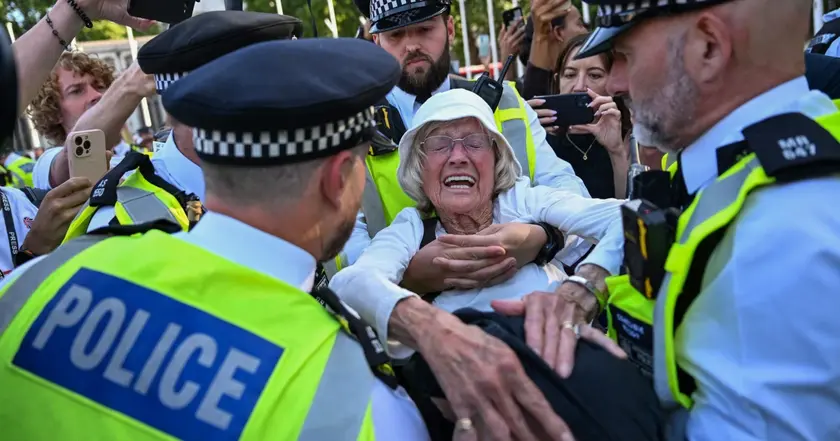
London arrests 474 protesters over new Palestine Action ban
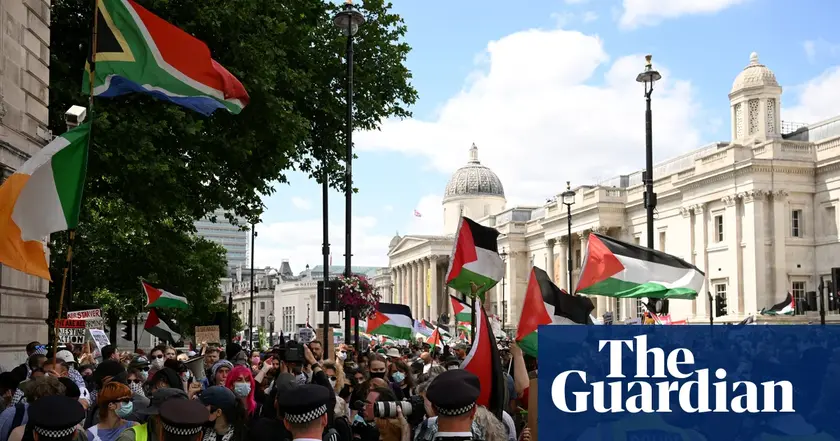
Protest rights under new UK terrorism designation
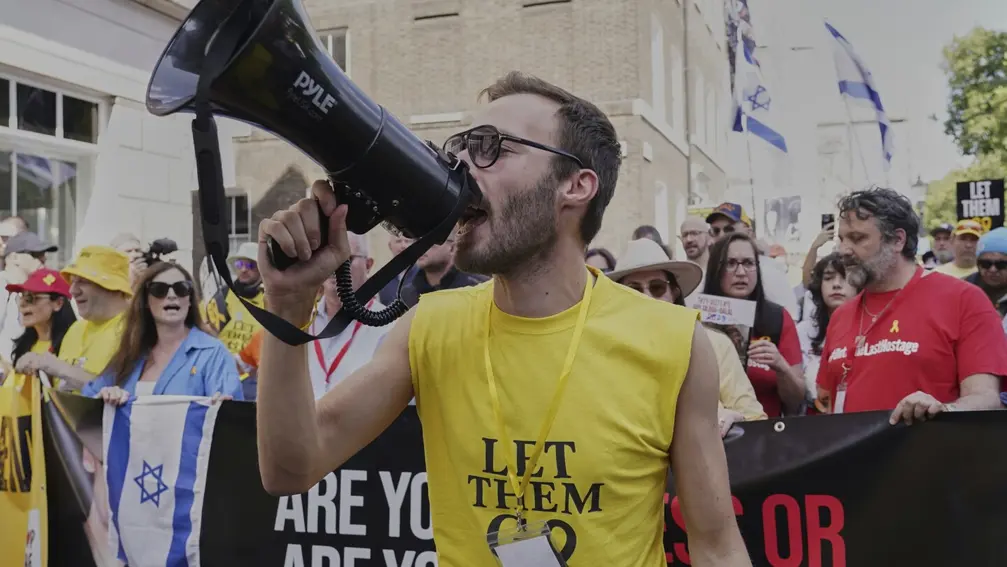
London Gaza hostage march
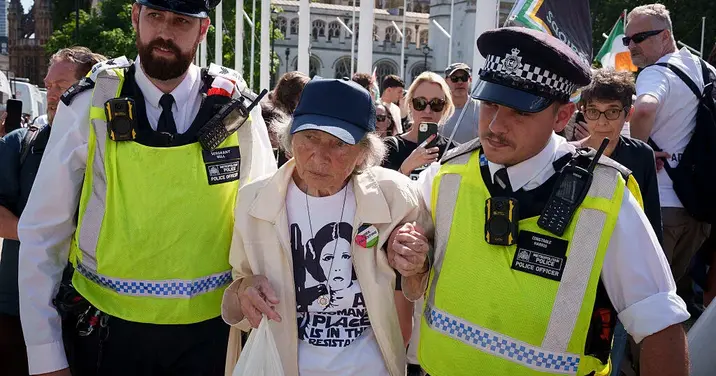
London arrests rise after Palestine Action ban
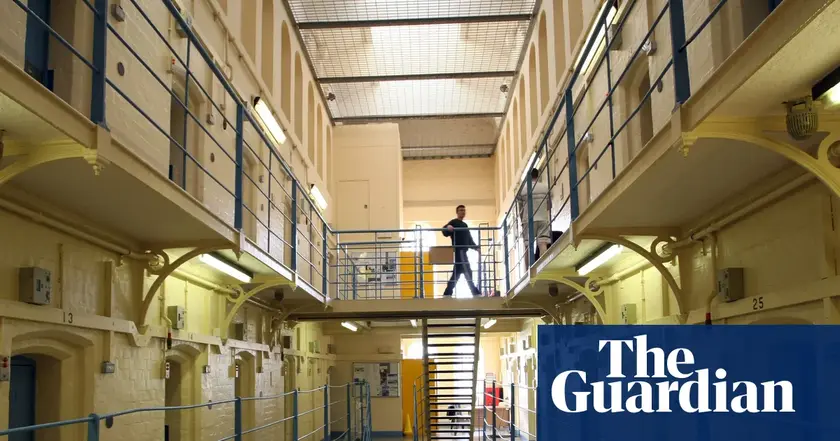
Authorities prepare for protests across England this weekend
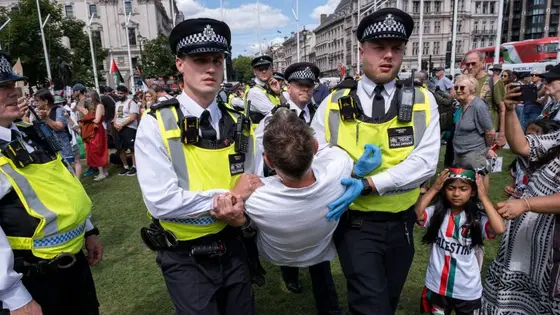
London arrests 466 protesters after Palestine Action ban
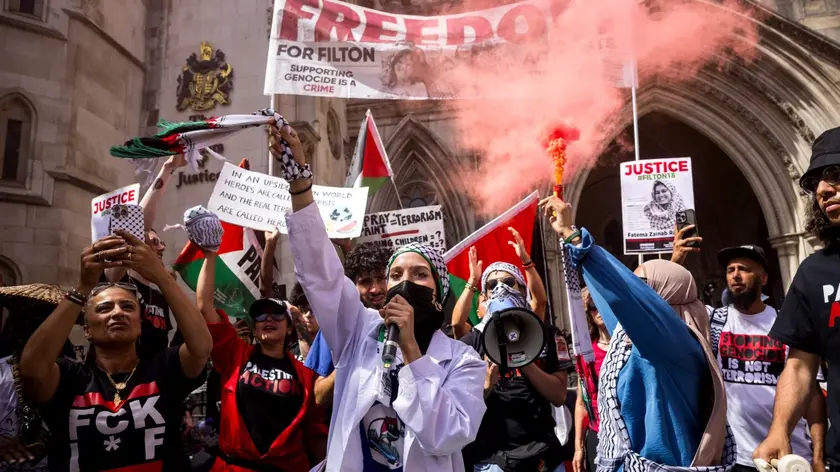
UK government bans Palestine Action amid rising support
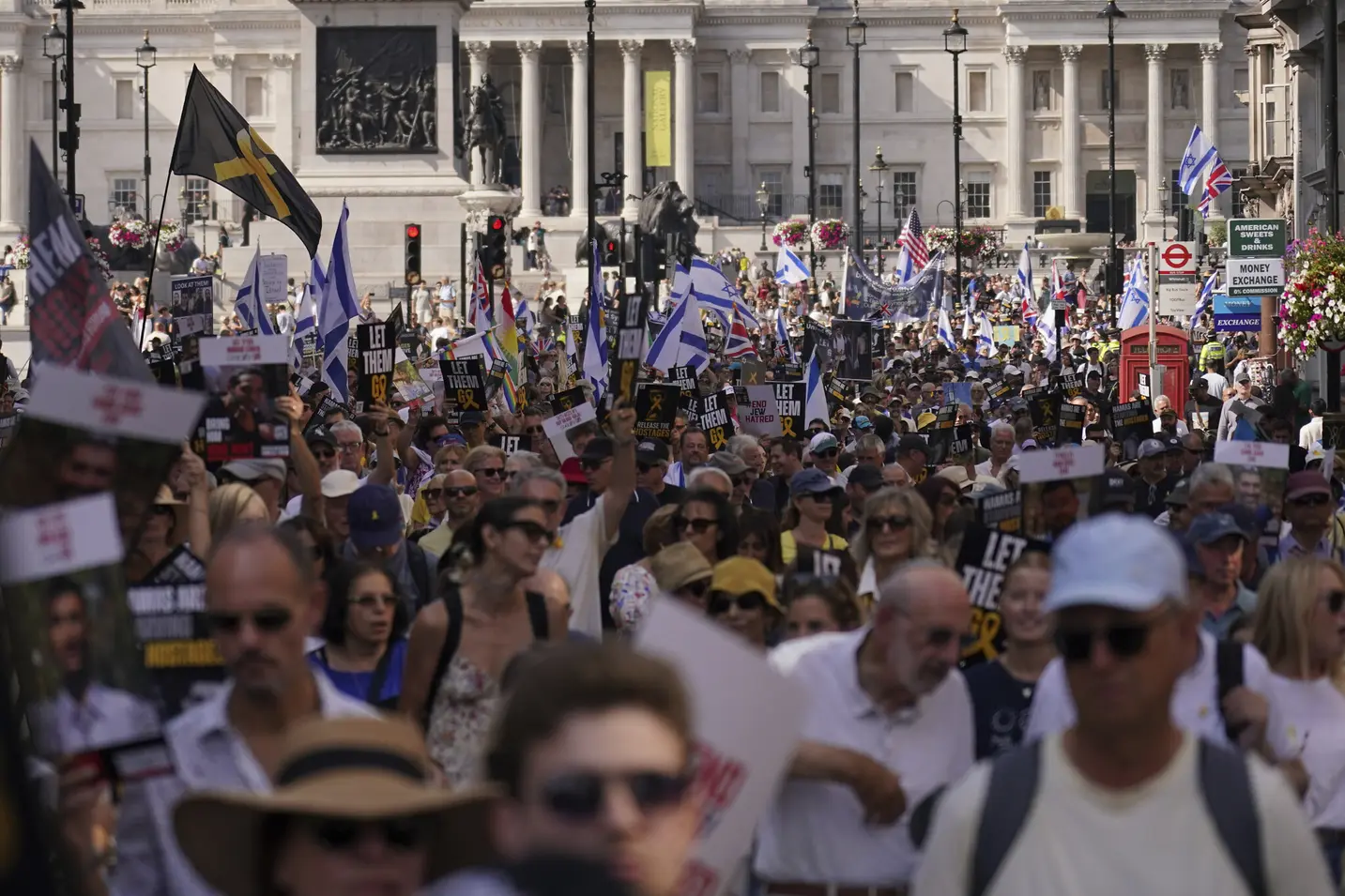
London protests press hostage release and state move
